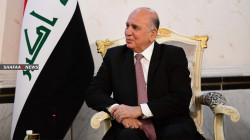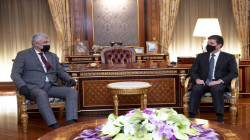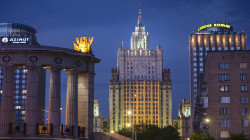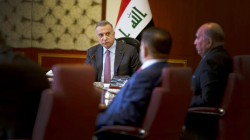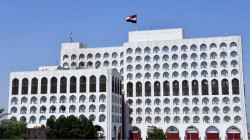With Moscow unplugged from the global financial system, how do Iraqi students in Russia pay their tuition?
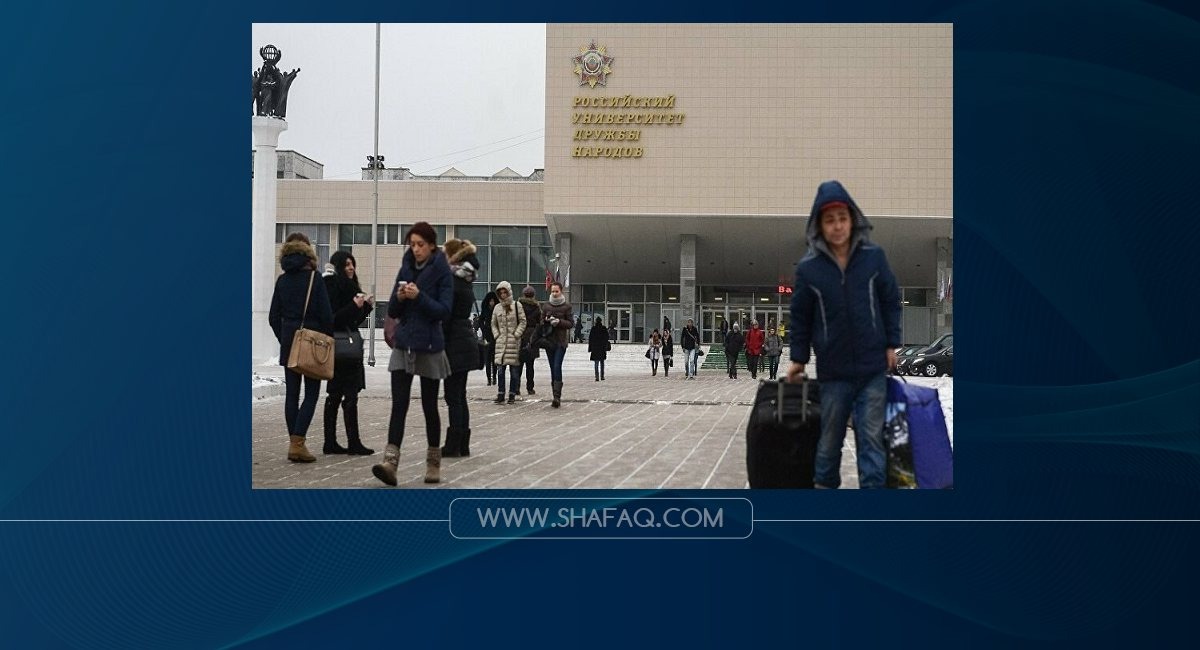
Shafaq News/ In order to pay their tuitions, Iraqi students in Russian Universities said they had to ponder alternative remittance routes to bypass the sanctions the West unleashed on Moscow's financial system.
When a full-scale conflict erupts, it is easy to overlook how ordinary lives are impacted beneath political theatrics. Ordinary Russian citizens and foreign residents have to pay the bill of a war they did not sign up for. This includes the lives of Iraqi students in Russia, whose education will be severely affected by failed transactions resulting from the U.S. and Co sanctions imposed on Russia's financial infrastructure.
Malak al-Obaidi, a medical student studying in Russia, told Shafaq News agency that she pursued remittance by proxy in order to receive a payment from her family in Iraq.
Al-Obaidi said that she had to contact a travel agency company in Moscow that runs many branches in Iraq. "The owner of the company secured the money she needed, while her family paid a proxy of the owner in Iraq."
"Everything is back to normal. We make transactions via travel agencies that have branches in Iraq and Syria," Mohammed al-Shamilawi, a student at the Oil and Gas Institute in Kazan, explained to Shafaq News agency.
"Most Iraqi students in Russia pursue majors related to the oil and gas industry in order to secure jobs in Russian companies operating in Moscow, Iraq -like Gazprom or other companies that have contracts outside Russia."
He continued, "We are compelled to receive the transfer our families send with the Russian local currency, the Ruble, even though deposits are placed in dollar."
A diplomat, who preferred to remain anonymous, told Shafaq News Agency that it is too early to spell out just how far the sanctions will impact the Iraqi students when the banks and transfer companies go offline.
Shafaq News Agency contacted officials in the Iraqi embassy in Moscow, including the cultural attaché, on multiple occasions but failed to obtain official data on the status of the Iraqi students in Russia and how they are coping with the reverberations of the ongoing war on their lives.
"So far, the situation is stable. Iraqi students are able to pursue their education smoothly," said Haidar al-Shammari, head of the Iraqi community in Russia.
"More than 8,000 Iraqis study in more than 20 universities out of 1,000 across Russia," al-Shammari said, "more than 400 Iraqis are Russian citizens as well."
"Most Iraqi students pursue majors related to the oil and gas industry. Tuitions in these majors range between 3,500 and 4,000 dollars annually," al-Shammari explained, "so far, remittances are delivered to Iraqi students without complications. The remittance is mediated by travel agencies. Due to the exceptional circumstances in the country and the high demand for the U.S. dollars, remits are received in the local currency."
Queried by Shafaq News Agency, travel agencies and companies specialized in providing services to students seeking to study abroad said that the Oil and Gas institutes in Arkhangelsk, Astrakhan, Dagestan, Grozny (aka Millionshikov), Irkutsk, Kuban, Maikop, Moscow, Omsk, Perm, and Kazan State Technological Universities, in addition to the Far East Federal University (FEFU), are the top destinations of the Iraqi students in Russia.
The roster also includes Kama Institute of Humanities and Engineering Technology, the North Federal University, North-Caucasus Federal University, the Gubkin Russian State University of Oil and Gas, and St. Petersburg Mining University.
